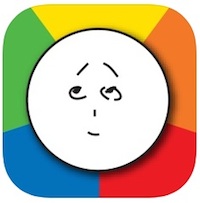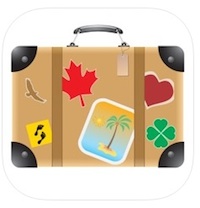If you’re a parent or caregiver of kids with special needs, you may be familiar with apps that help kids learn to navigate social situations. Here are five that specifically help with communication, understanding emotions, managing conflicts and more. Each app is free and available on Apple or Google Play.
ChatterPix Kids 
This app helps kids practice oral communication skills. They can upload or take a photo of themselves, draw a mouth, and record anything they want to say. It’s particularly useful if you’re having a difficult conversation at home and your kids find it easier to express their views through an avatar rather than directly to you. ChatterPix Kids is a valuable tool for school if kids need practice answering teacher questions. They can record and re-record responses until they’re happy with the results.
Emotionary

Help kids better understand people’s emotions by helping them understand their own. This app has more than 100 short, dictionary-style definitions of common emotions accompanied by an emoticon. Kids develop a rich vocabulary for expressing emotions, which enhances coping and communication skills. Users can also create their own emoticons for additional emotions that are important to them.
MindShift CBT

Based on cognitive behavioral therapy (CBT), this app teaches users how to deal with anxiety-provoking situations such as conflicts, social situations and tests. It features tools that help users relax, practice mindfulness and re-orient thoughts, such as coping cards, a thought journal, and the Chill Zone — audio recordings with guided meditations.
Model Me Going Places 2 
This social skills app teaches kids how to interact with different kinds of people that they encounter in daily life — grocery store clerks, hairdressers, doctors, restaurant staff. It has 12-photo slideshows that model kids engaging in appropriate behaviors with people in different settings.
My Little Suitcase

This game app, which can be played with up to four people, helps children learn to memorize and match items. Similar to the popular card game Memory, players take turns turning cards over. If a card matches an item in their suitcase, they take it. If not, it’s the next player’s turn. In addition to improved retention skills, kids learn how to focus, categorize and take turns. It’s a great game for the whole family.
Tanni Haas, Ph.D., is a college professor and freelance writer.
Leave a Reply